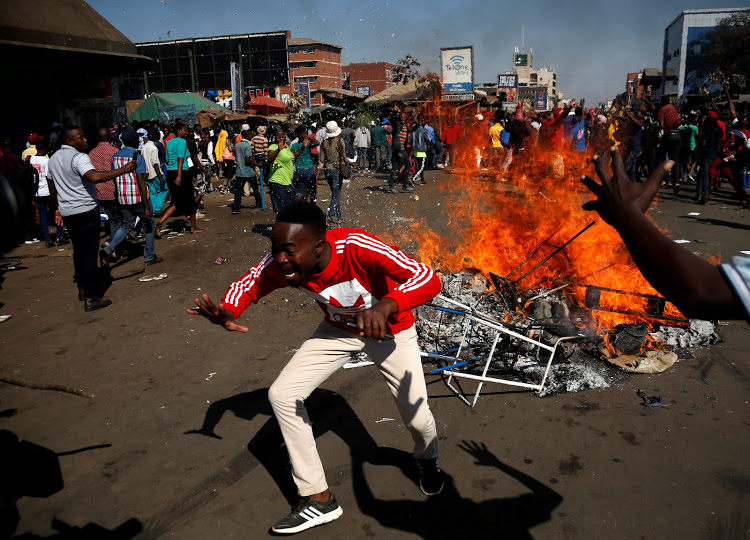Kenya: Thousands of Kenyans Stage Street Protests One Year After Storming Parliament

Thousands of protesters have taken to Kenya’s streets to mark a year since people stormed parliament at the peak of anti-government demonstrations, despite fears that they would be met by state-backed gangs and police violence. Sixty people were killed during the protests and 20 others remain missing.
Activists and families of victims have called for peaceful demonstrations to mark a year since the deadliest day of the unrest when parliament was invaded.
But some have called to “OccupyStateHouse” – referring to the Nairobi office of President William Ruto – and many schools and businesses are closed for fear of unrest.
Early on Wednesday, police blocked major roads leading into the capitals central business district, while government buildings were barricaded with razor wire.
Thousands of mainly young male protesters waved Kenyan flags and placards with pictures of some of the 60 demonstrators killed last year and chanted “Ruto must go”.
“I’ve come here as a Kenyan youth to protest, it is our right for the sake of our fellow Kenyans who were killed last year. The police are here… they are supposed to protect us but they kill us,” Eve, a 24-year-old unemployed woman told France’s AFP news agency.
“It is extremely important that the young people mark June 25th because they lost people who look like them, who speak like them… who are fighting for good governance,” said Angel Mbuthia, chair of the youth league for the opposition Jubilee Party.
Kenya protests reignited by custody death, but ‘Gen Z’ movement remains divided
‘Goons’
As well as marking the anniversary, anger has flared over police brutality, particularly after a teacher was killed in custody earlier this month following his arrest for criticising a senior officer.
Police said protests are permitted as long as they are “peaceful and unarmed”.
But a group of peaceful protesters last week was attacked by a large gang of motorbike-riding “goons”, as they are known in Kenya, armed with whips and clubs and working in tandem with the police.
Western embassies in Kenya, including those of Britain, Germany and the United States, criticised in a joint statement “the use of hired ‘goons’ to infiltrate or disrupt peaceful gatherings”.
Justice and art: Kenya’s fight against police brutality; Africa’s bold new art fair in Basel
Threatening the nation
There is deep resentment against Ruto, who came to power in 2022 promising rapid economic progress.
Many have been disillusioned by continued stagnation, corruption and high taxes, even after last year’s protests forced Ruto to cancel the unpopular finance bill.
While his government has been at pains to avoid direct tax rises this year, the frequent disappearances of government critics – rights groups have counted more than 80 since last year’s protests, with dozens still missing – have led many to accuse Ruto of returning Kenya to the dark days of its dictatorship in the 1980s and 1990s.
Tax hikes meant to save Kenyan economy are ‘sending businesses broke’
Ruto has previously promised an end to abductions but was unapologetic in a speech on Tuesday, vowing to “stand by” the police. “You cannot use force against the police or insult or threaten the police. You are threatening our nation,” he warned protesters.
By RFI website.



